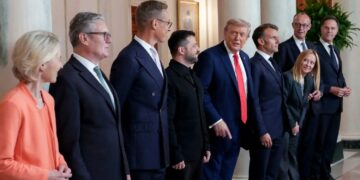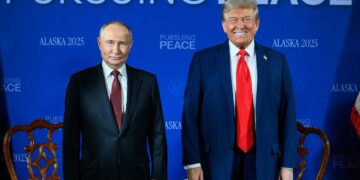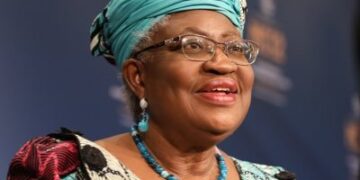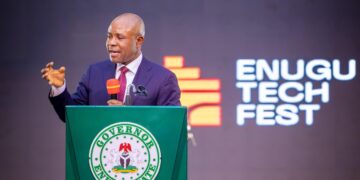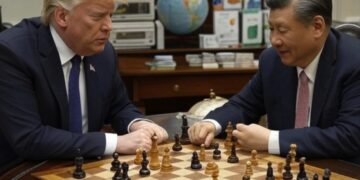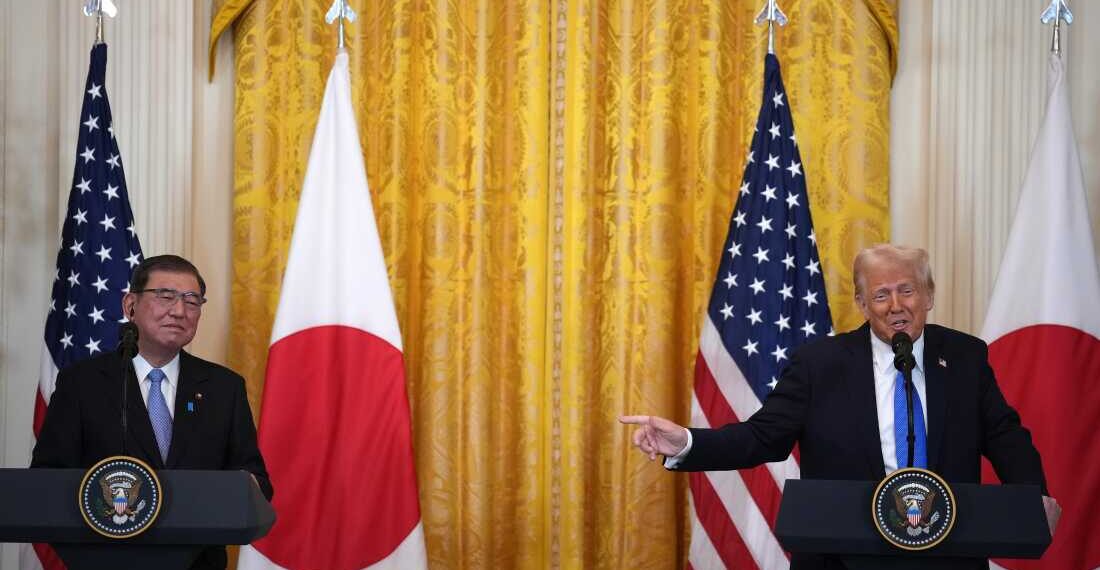In a groundbreaking move, Japan has committed $550 billion to the United States, marking the largest bilateral investment deal in history. This agreement, which signals a seismic shift in the Indo-Pacific’s economic landscape, is more than a financial transaction—it’s a strategic realignment driven by the Quad’s growing influence. Karl Mehta, Chairman Emeritus of the Quad Investors Network, sees this as a defining moment for allied cooperation. “This isn’t just a deal; it’s a new playbook for economic security,” Mehta told Stakeholders Magazine. “The Quad is proving it can move from rhetoric to bold, coordinated action.”
The deal’s fine print reveals a structure that has caught global attention. “Ninety percent of the profits flow directly to U.S. priorities,” Mehta explained. “Japan is handing America control over nearly half a trillion dollars in returns, which is unprecedented.” This arrangement, he argues, reflects a deeper commitment to shared resilience. “What we’re seeing is what I call ‘co-created platforms for industrial renewal,’” Mehta said. “Japan and the U.S. are pooling capital to secure critical sectors like semiconductors, AI, and clean technology.”
The involvement of both state-backed and private-sector commitments sets this deal apart. “This creates template other nations are already studying,” Mehta noted. “It’s a signal to the world that Quad partners can execute large-scale economic strategies that rival authoritarian models like China’s Belt and Road Initiative.”
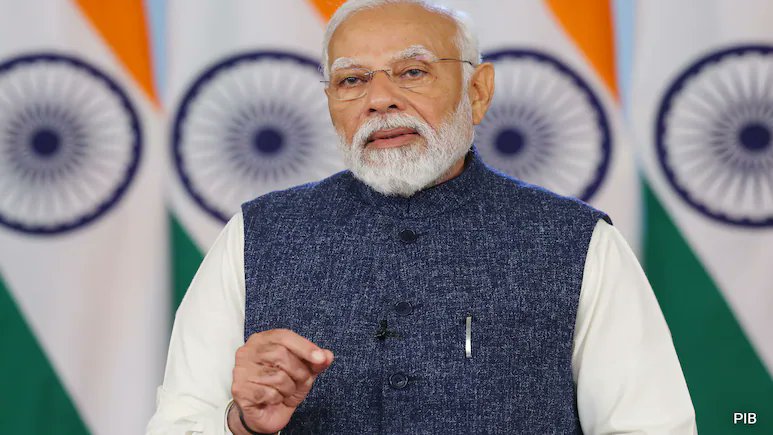
India’s Opportunity in the Quad Framework
For India, a key Quad partner, the Japan-U.S. deal offers critical lessons. Indian companies like Tata Motors, Infosys, Reliance, and major pharmaceutical players are already significant investors in the U.S. market. However, Mehta emphasized that these are largely corporate-driven efforts. “India’s investments are impressive, but they lack the strategic, government-backed alignment we see in this deal,” he said.
Mehta outlined three takeaways for India: “First, leverage the Quad’s trusted platform to channel investments. Second, focus on national security-linked sectors like semiconductors and critical minerals. Third, invest, not just market access, the heart of negotiations.” Yet, he acknowledged India’s unique challenges, including agricultural market access, tariff barriers, and domestic protections for small farmers. “These are political landmines,” Mehta admitted. “But progress in energy, defense, and digital trade shows that creative deal structuring can overcome these hurdles.”
What could an India-U.S. partnership look like? “Think bigger than Japan’s $550 billion,” Mehta urged. “India offers a massive market, world-class tech talent, manufacturing scale, and a strategic geographic position. A co-investment alliance could anchor regional prosperity and position India as a Quad leader.”
The Japan-U.S. deal is a direct challenge to authoritarian economic influence. “China’s worst nightmare just became reality,” Mehta stated. “When democratic allies unite with this level of ambition, they rewrite the rules. This deal proves that deep trust, long-term risk-sharing, and coordinated capital can outmaneuver centralized models.”
For Mehta, the implications extend beyond bilateral success. “This is a watershed moment for Quad-driven economic security,” he said. “It’s about rebuilding the Indo-Pacific’s economic architecture with democratic allies in control.” India, he believes, is uniquely positioned to shape this future. “The question isn’t whether India should act—it’s whether India will lead,” Mehta emphasized.
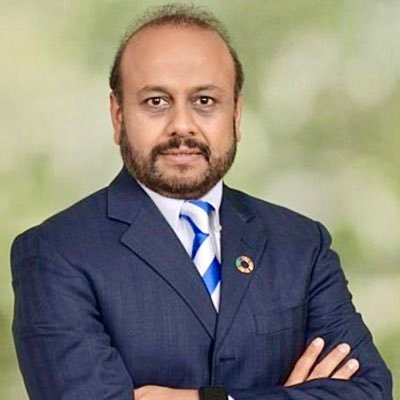
About Karl Mehta
Karl Mehta, Chairman Emeritus of the Quad Investors Network, brings over 30 years of experience as a serial entrepreneur, investor, and civil servant. He founded EdCast, an AI-powered knowledge platform backed by Stanford University and acquired by Cornerstone Inc., and PlaySpan, acquired by Visa Inc. A former venture partner at Menlo Ventures, Mehta established the Mehta Trust in 2011 for philanthropy and early-stage tech investments. He served as a White House Presidential Innovation Fellow under President Obama and was appointed by Governor Brown to California’s Workforce Investment Board. Recognized as Ernst & Young’s “Entrepreneur of the Year” for Northern California and a World Economic Forum “Tech Pioneer,” Mehta is the author of *Financial Inclusion at the Bottom of the Pyramid* and *AI for Digital Public Infrastructure*. He also founded nonprofits like Code for India, advancing global digital skills. With degrees from the Indian Institute of Technology, Bombay, and executive training from Stanford University, Mehta’s leadership drives the Quad Investors Network’s mission to foster cross-border innovation and economic security.





